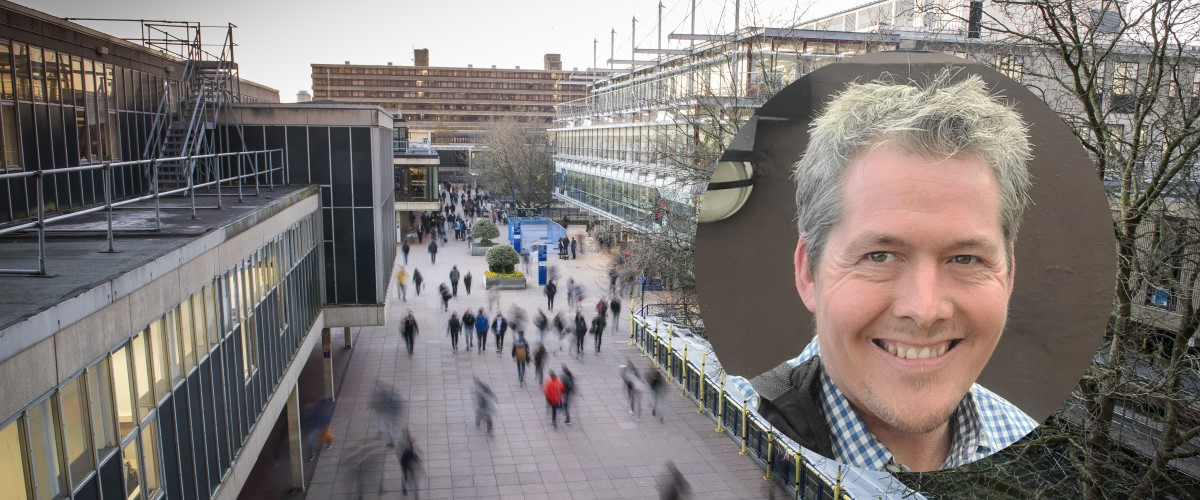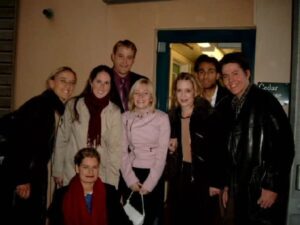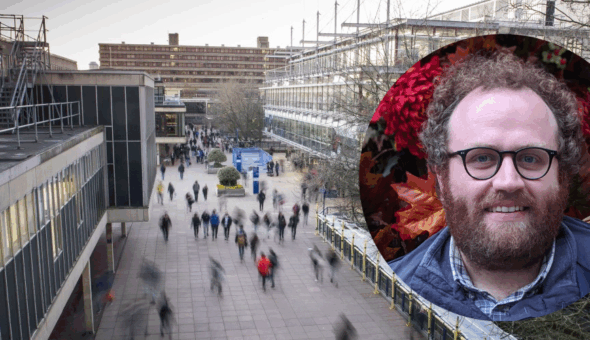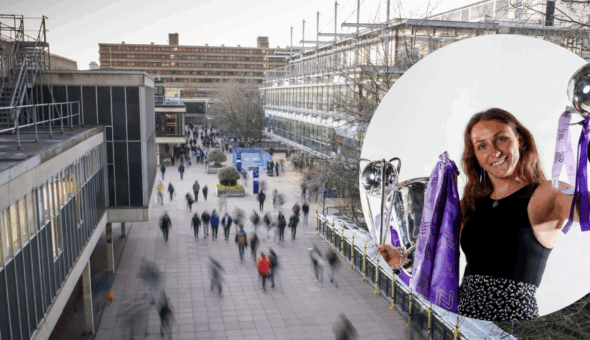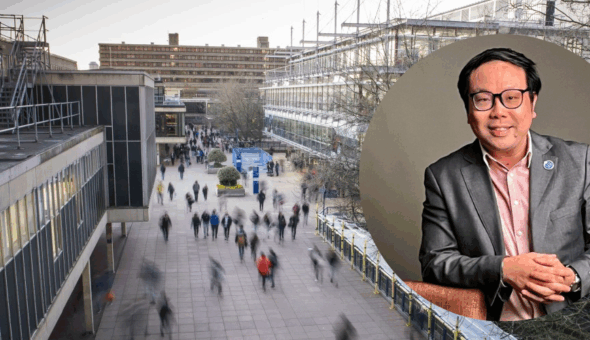Aaron moved to Bath in 2003 as part of the Euromasters programme, intrigued by the UK's place in a quickly changing Europe. As soon as he arrived, he fell in love with the city.
His time at Bath set the foundations for an international career in global health and conservation that would take him from Washington, D.C. to Madagascar.
Why did you choose to study at Bath?
I enrolled in the Euromasters programme (also known as Contemporary European Studies) as part of a three-university programme examining European political science, and I was very interested in how the UK's piece of it would fit into the broader EU expansion and early talks of Brexit. I completed my master’s in European Studies and Modern Languages and submitted my thesis to the University of Bath in 2004. I moved to Bath in late August 2003 and fell in love with the city. It was part of why I chose to complete my thesis at Bath and finish my degree there.
Did you have a particular career in mind when you chose your course?
At the time, I had assumed that I would get a job in international affairs or policy with my own government’s foreign service, but I wasn’t exactly sure what I wanted to be or exactly what kind of job I wanted to do. So, some idea, but not entirely clear!
Can you tell us about your experience of studying here? Any favourite memories, or places to go on campus and in the city?
I lived in the student housing in Thornbank Gardens alongside many other Euromasters students who came from practically every corner of Europe. I remember walking across Pulteney Bridge and through all the fields near campus. The bars and pubs off the High Street are also a strong memory! Bath is such a beautiful part of England.
Were you a part of any societies or sports clubs during your time at Bath?
I used my time in Bath to work on my Italian and French with native students, as I was getting ready to go to said countries to continue my studies as part of the Euromasters programme.
Describe your career journey since graduating. What is a typical day like in your current role?
I currently serve as the Country Director with the Durrell Wildlife Conservation Trust in Madagascar. Before that, I led a large USAID-funded health project in Madagascar, working to ensure better quality health services to remote areas of the country. I also worked with UNICEF and Save the Children, among other international NGOs. I have had the privilege of working in over 30 countries, such as Sri Lanka and Bangladesh, and have been able to move around with my family.
After finishing my studies at Bath, however, I moved to Washington, D.C. and got a job in retail just to start getting more work experience. I was quickly promoted into management and stayed in the private sector doing human resources, operations and general management for a few years. I’ll be honest, it wasn’t my favourite work, but it gave me some excellent training on financial management and HR systems and some great insight into how to manage teams.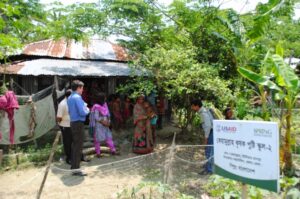
Three years in, I was contacted by a recruiter who felt that I would be a great fit in a public health firm called John Snow Inc. I joined the company and three months later was on a plane to Dushanbe, Tajikistan, to support a family planning workshop. I fell in love with the work and ended up working in global health for about 15 years before moving over into conservation.
What do you enjoy most about your career? Has anything surprised you?
I truly love what I do. I have been working with governments in Africa and Asia for nearly 20 years, providing guidance and support so that they can provide better services and better protect their resources. I have deeply enjoyed seeing the world, helping local teams find practical solutions to their problems, and seeing how lessons learned from other countries have helped provide a positive and long-term impact in other countries. I routinely meet with Ambassadors, other Country Directors and high-profile government officials. I love working within this space and looking for opportunities to further enhance and build capacity in-country.
How did your studies help to develop you?
The main thing I took from my time at Bath was the networking and the people I met there. I have stayed in touch with dozens of people, and many of them are now in very important and influential roles. As my career has progressed, I have found that being an alumnus of the University of Bath has definitely facilitated meetings and opened doors.
What advice would you give to prospective students thinking about studying your course at Bath?
Make the most of your time in Bath and get to know as many people as you can; your paths will likely cross in the future and it’s a great time to start building professional networks. I would also suggest keeping an open mind about where you want your career to go. If travelling and seeing the world is most important to you, for example, try to be open to what career paths might help you do that as opposed to starting with the career path and trying to fit in the rest.
If you’re a natural people person, maybe look at project management roles. The more you can hone your soft skills, the more you’ll be able to adapt to different professional opportunities that come up.
Respond
